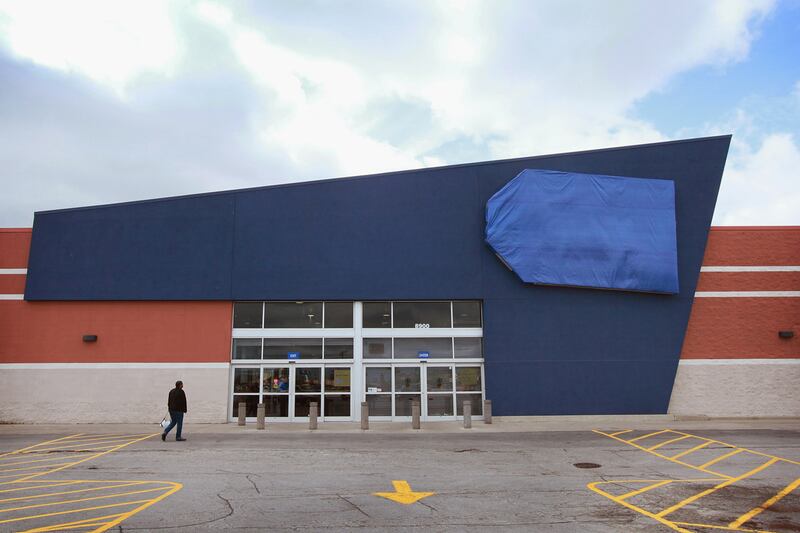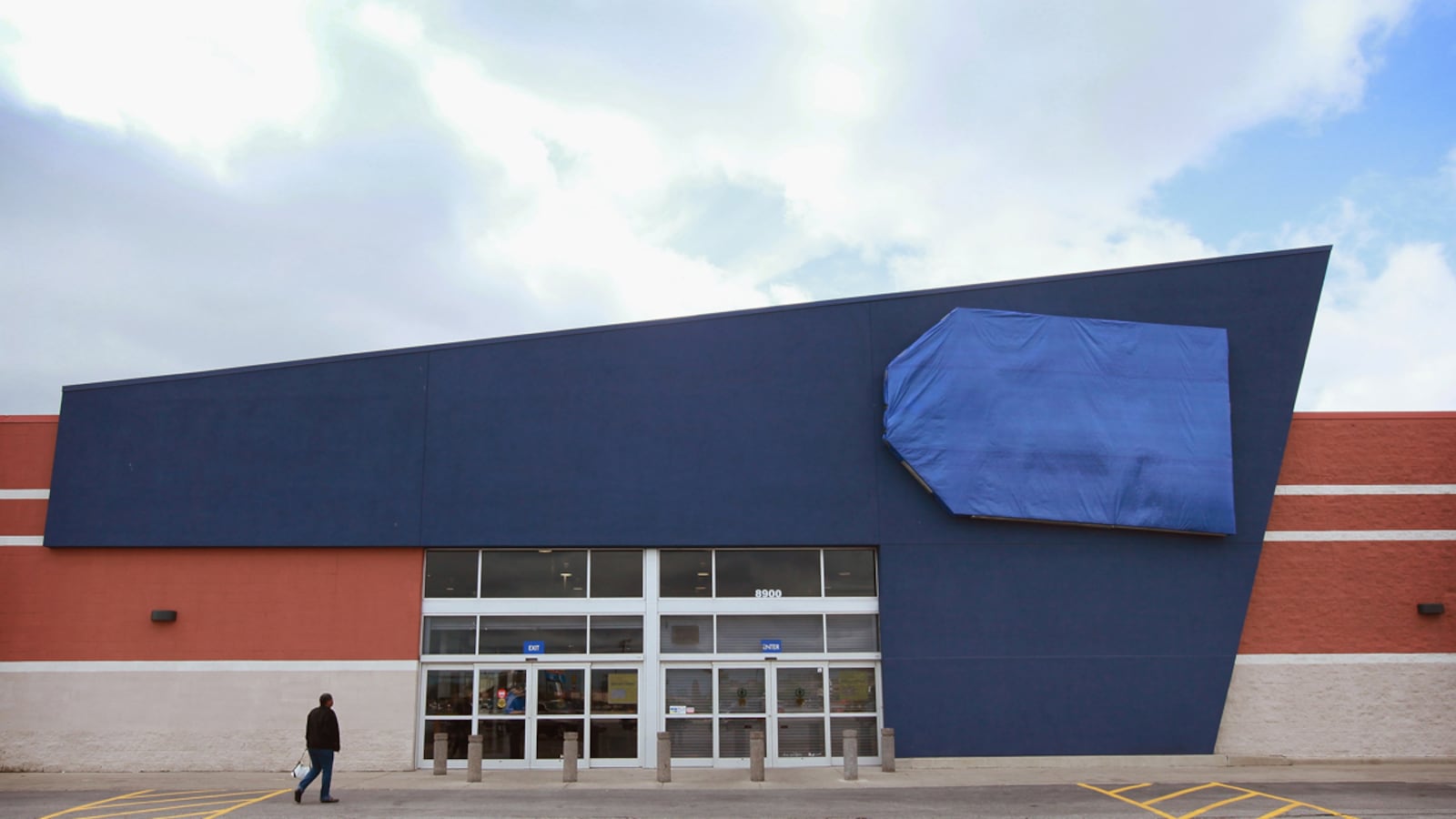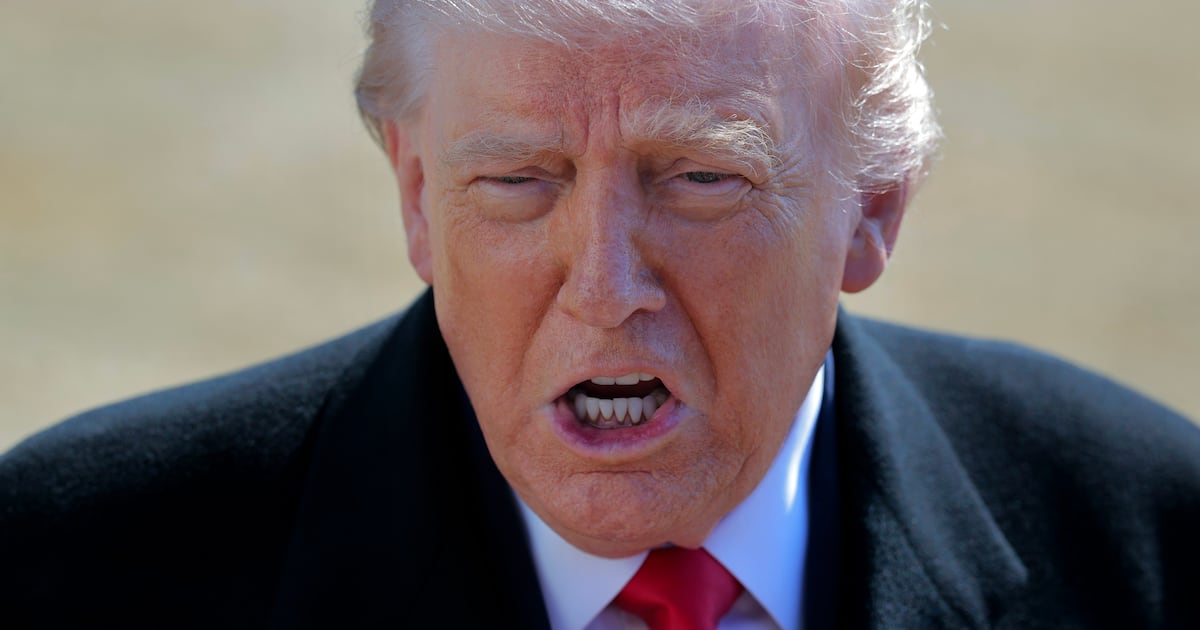Missing your Wall Street estimates is bad. Seeing your earnings decline is worse. And reporting a profit slump of 92 percent is, well, what big-box electronics retailer Best Buy did Tuesday morning. The shocking news sent the beleaguered company’s stock spiraling to a nine-year low.

Tuesday’s catastrophe is just the most recent in a parade of horribles for the Richfield-based company. A similarly dour first-quarter earnings report triggered a cascade of analyst “sell” ratings earlier this year. In April, then-CEO Brian Dunn was forced to depart over allegations that he used company money to conduct an “inappropriate relationship” with a 29-year-old employee. In July, company founder Richard Schulze—who presided over much better days, and still owns over a fifth of the company–proposed a private takeover, ostensibly to save his baby. The morning also served as a welcoming party for new CEO Hubert Joly, the Frenchman brought in Monday to right the sinking ship.
So what exactly went wrong at the nation’s biggest electronics retailer? Why is its core business falling apart even as consumer sentiment picks up, and the July retail report posts a big jump in electronics sales? Ironically, the purveyor of electronics now seems like an analog player in a digital world.
Best Buy’s management seems to think that the problem is the in-store experience. Why else would they hire Joly, the former head of hospitality giant Carlson, which runs the Radisson hotel chain? Critics have lambasted the chain for “poorly groomed sales clerk[s]” and poor “customer service.”
But focusing on in-store experience—and bringing in a French hotelier to fix it—misses the forest for the trees. In fact, it’s about 180-degrees from the correct strategy. Best Buy may not be able to turn around its brick-and-mortar storefronts. Not in a world in which it is possible to visit a store, test a product, and then whip out a cellphone and order it from a cheaper online retailer. Year-to-year, the company’s revenue per square foot of retail space has risen a paltry 1 percent. The one bright light in the report was domestic online sales, which were up 14 percent. In short, Best Buy should be competing with Amazon —not the Apple Store.
Earlier this year, Best Buy seemed to be getting the idea. In late March, it announced it would close 50 big-box stores. The company also recently introduced free shipping for all items bought at BestBuy.com. But the website is still clunky compared to Amazon’s slick, personalized marketplace. Best Buy’s future may lie in leveraging its still-valuable brand into your inbox and browser.
To illustrate the point, I’ve graphed Best Buy, Radioshack, and Amazon share prices for the past five years, along with the Dow Jones consumer electronics index. Creative destruction, anyone?
The retailers march together until late 2009, when Amazon pulls away, following a general increase in the consumer-electronics index. But brick-and-mortar firms Best Buy and Radioshack miss the boat, and start a steady decline.
Best Buy has also been slow to adjust to new trends in digital purchasing. Videogame sales have slipped as online, direct-download services like Steam steal market share. It’s the same story for software purchases. Using acres of valuable store space for physical discs, DVDs, and CDs is fast becoming unsustainable. While it might help to have a well-groomed, blue-shirted salesman find you the latest version of Adobe Photoshop, it’s far easier to buy, download, and install from home.
And remember the short-sleeve-wearing Best Buy technicians, the Geek Squad? It’s a huge training and man-hour input with little visible revenue benefit. Despite the technicians’ ongoing penchant to copy porn off clients’ computers, the market for computer maintenance is quickly becoming cloud-based. The vast majority of consumers’ tech issues can be fixed by a remote-access technician—one that can reconfigure your Start menu from Mumbai, instead of driving a van to your house.
These lessons aren’t new. Failure to follow them already destroyed Best Buy’s old competitor, Circuit City, and helped usher in a $21 million loss and suspended dividend at RadioShack this quarter. But Best Buy “going out of business,” as some pessimists have predicted, would be a self-inflicted wound. They’re the electronics market’s marquee brand, with diverse hardware and software suppliers and partners. The company could position itself as an online electronics expert, comparing cross-platform brands and specs to find the best price in just a few searches and clicks.
Or it could prettify empty, big-box stores and try to make them more welcoming. That route may lead to several more reports like Tuesday’s.







